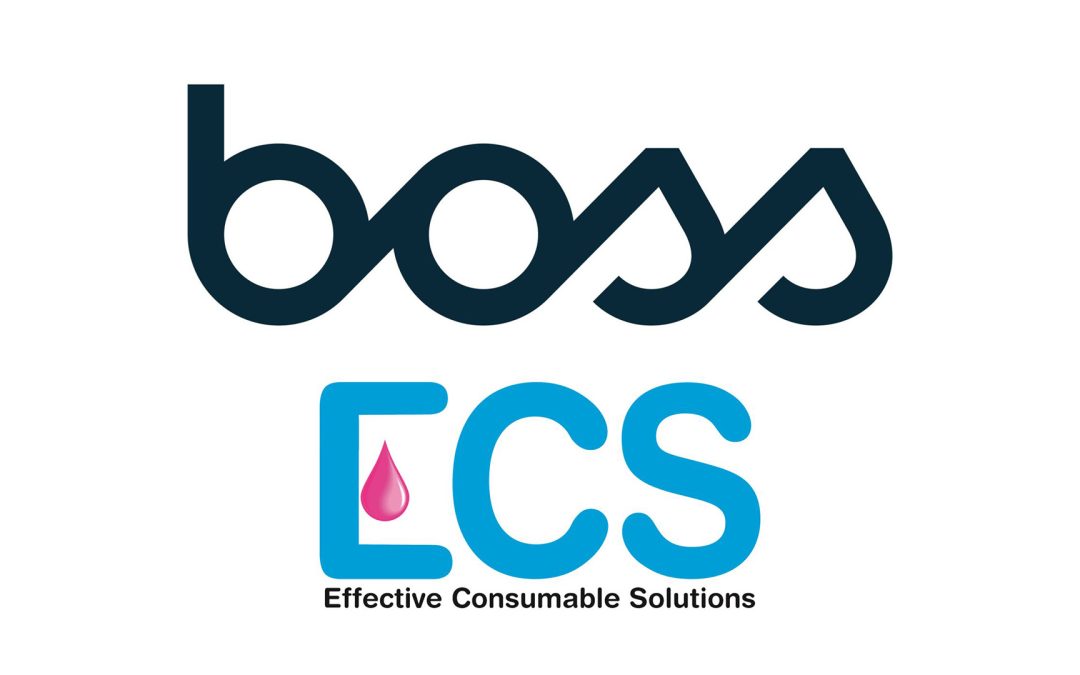
(Copyright: Financial Tribune)
According to MKM Partners, the firm looks to set to become the first $1 trillion (€832.1 billion) Internet company by 2020.
As CNBC reports, an analyst from MKM Partners has revealed that Alibaba could reach this sought-after valuation by 2020, beating Amazon and other “Internet peers.”
“It seems likely to us that we will have multiple $1 trillion valuation companies within the next 1-3 years if the current bull market continues. In this note, we examine the pathways of the six leading contenders: Apple, Google, Amazon, Facebook, Tencent and Alibaba,” analyst Rob Sanderson revealed in a note he wrote to clients, under the title “Pathways to $1 Trillion Valuation and Who Arrives There First.”
“An argument can be made for each company achieving $1 trillion in market cap by 2020, with a case for Apple in 2019. We think it’s most likely 2021 when the barrier is broken by an Internet company, but think BABA may have the best chance for 2020 despite being the smallest of the mega-caps today.”
Alibaba, which has a market share of approximately $440 billion (€366.2 billion), saw its shares skyrocket by 96 percent in 2017.
Sanderson pointed out that online commerce “is growing more than twice the rate in China versus the U.S.” and that Alibaba’s “monetisation rate is one-sixth to one-eighth of Amazon’s.”
“We believe that opportunities for further monetization gains are plentiful, largely within the company’s control and that ad-loads represent a considerable growth driver that is at the discretion of management,” he wrote. “We think that BABA may have the best chance among Internet mega-caps to become the first $1 trillion company.”
Though Sanderson conceded there were “many risks” to Alibaba’s future development, among them its investment prospects and losses from other businesses, he revealed that he believes the firm capable of reaching the coveted $1 trillion cap by 2020, “if it generates earnings-per-share 20 percent above expectations in 2018, grows earnings by 45 percent in 2019 and preserves its 24 times forward price-earnings ratio.”























